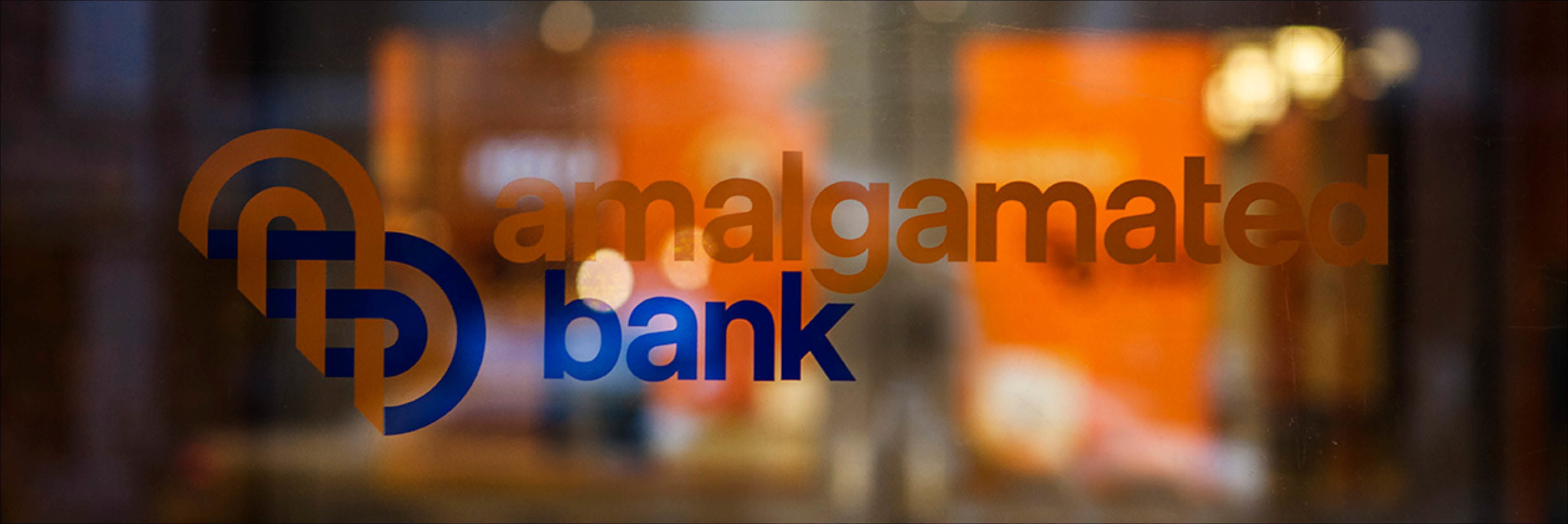For years, Amalgamated Bank has been a passionate advocate for social, racial, environmental, and economic justice. We’ve used our platform repeatedly to speak out about issues of injustice specific to different marginalized communities and advocate for a better world.
On the issue of racial justice, we often speak broadly about justice for all BIPOC (Black, Indigenous, and People of Color) communities. However, we recognize that systemic racism looks different from one marginalized group to another, and we know that systemic racism significantly impacts and intersects with all other issues of social and economic justice for BIPOC communities.
Over the past few years, there has been a lot of public discourse about systemic racism and calling out what that looks like for the Black community, for different Latinx groups, and for the Asian-American and Pacific Islander community. Without understanding what systemic racism looks like for each specific community, it would not be possible to fight for and achieve true racial, social, and economic justice for all BIPOC communities.
Today, we speak out for one of the most marginalized communities of all to honor Indigenous peoples in the United States. “Indigenous people suffer from the oppression of invisibility and being silenced,” wrote Tanya Rodriguez, Indigenous activist and author.1 The invisibility of the Indigenous community in the cultural narrative of the U.S. is deep-rooted and intentional, dating back from the colonization of America.
America was not “discovered” in 1492. Indigenous tribes had been living on this land for more than 20,000 years, before European colonialists arrived.2 Through warfare, disease, and genocide, colonists attempted to erase Indigenous peoples from their ancestral land. In the years that followed, Native Americans were systemically oppressed, denied basic rights and inclusions, and confined to designated communities with limited access to resources.
Violence against Indigenous people is perpetuated through ignorance. In 2016, there were 5,712 reports of missing American Indian and Alaska Native women and girls, though the U.S. Department of Justice’s federal missing person database only logged 116 cases.3 Indigenous women make up a significant portion of the missing and murdered cases in the U.S. with hardly any public acknowledgement or outcry. The murder rate is 10 times higher than the national average for women living on reservations, and murder is the third leading cause of death for Native women. All this while Native people only make up about 2% of the U.S. overall population.3
So why aren’t we—as a society—more vocal? Why do we hear so little of protests and justice movements to end the violence and oppression of Indigenous people in mainstream culture?
Because colonialism is still the fundamental basis of our cultural narrative, and our society continues to systematically oppress Indigenous peoples through erasure and silence. The very existence and validity
of every U.S. institution, city, and state—the legitimacy of this entire country— has depended upon the oppression of Indigenous peoples from the very beginning.
Today, Indigenous Peoples’ Day, is not even a fully, nationally recognized day—many people and states still consider today Columbus Day instead, a day that essentially honors the colonizer and those that led and introduced a massive genocide that destroyed most Indigenous tribes across the continent. To achieve true racial, social, and economic justice for the Indigenous community, it’s time to recognize the deep-rooted and very specific history of racial and systemic oppression of this community to be able to combat, challenge, and change it. Perhaps we can begin by rethinking the way we recognize and celebrate the origins of this country.4 Indigenous Peoples’ Day should be the only nationally observed holiday on the second Monday in October, as the history of this country does not begin with Columbus, nor should we celebrate colonialism.
At Amalgamated Bank, we recognize our own role in speaking out more often and openly about the oppression of Indigenous peoples and we will work to continually align ourselves with their fight for justice.
1 https://gdiriseup.medium.com/uncolonizing-decolonization-6a88044f7589
2 https://www.counterpunch.org/2021/10/01/of-indigenous-peoples-environmentalism-and-atonement/
3 https://www.nativehope.org/en-us/understanding-the-issue-of-missing-and-murdered-indigenous-women
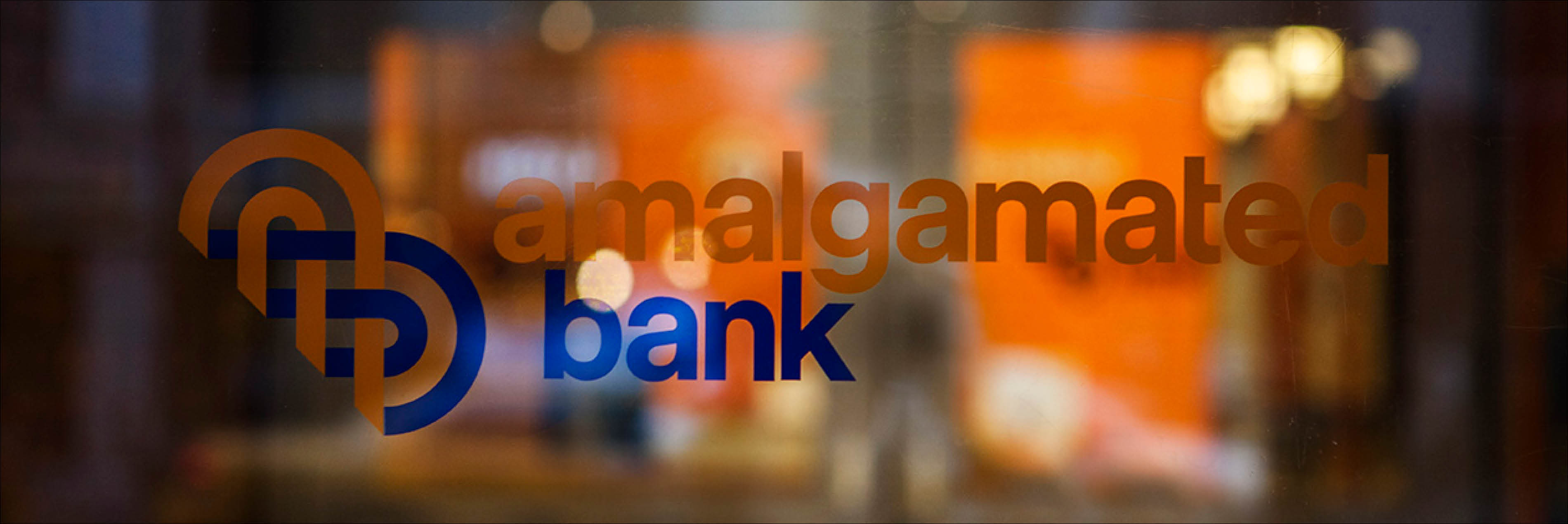
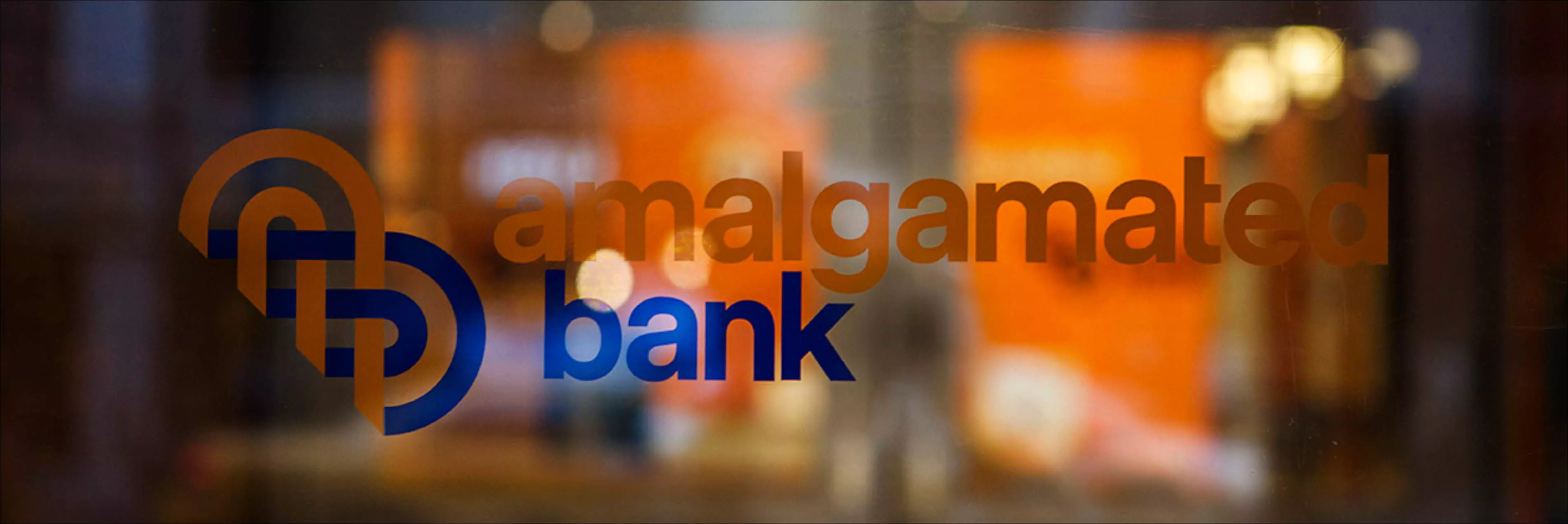 Mobile Image
Mobile Image
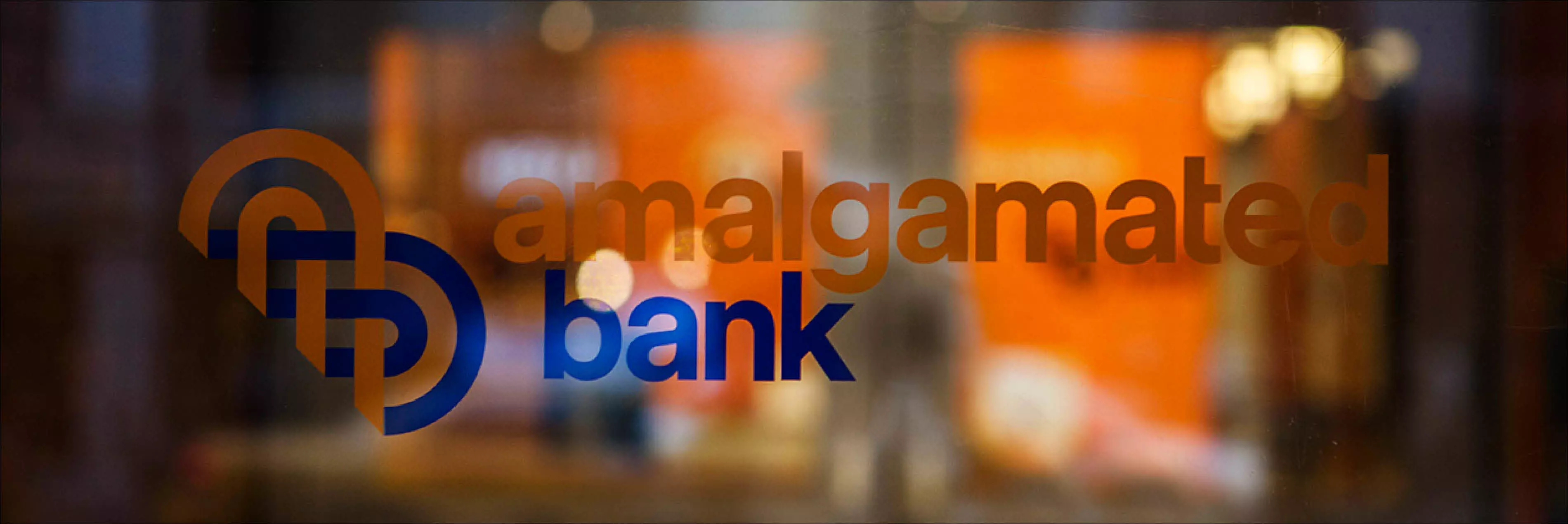 Mobile Image
Mobile Image
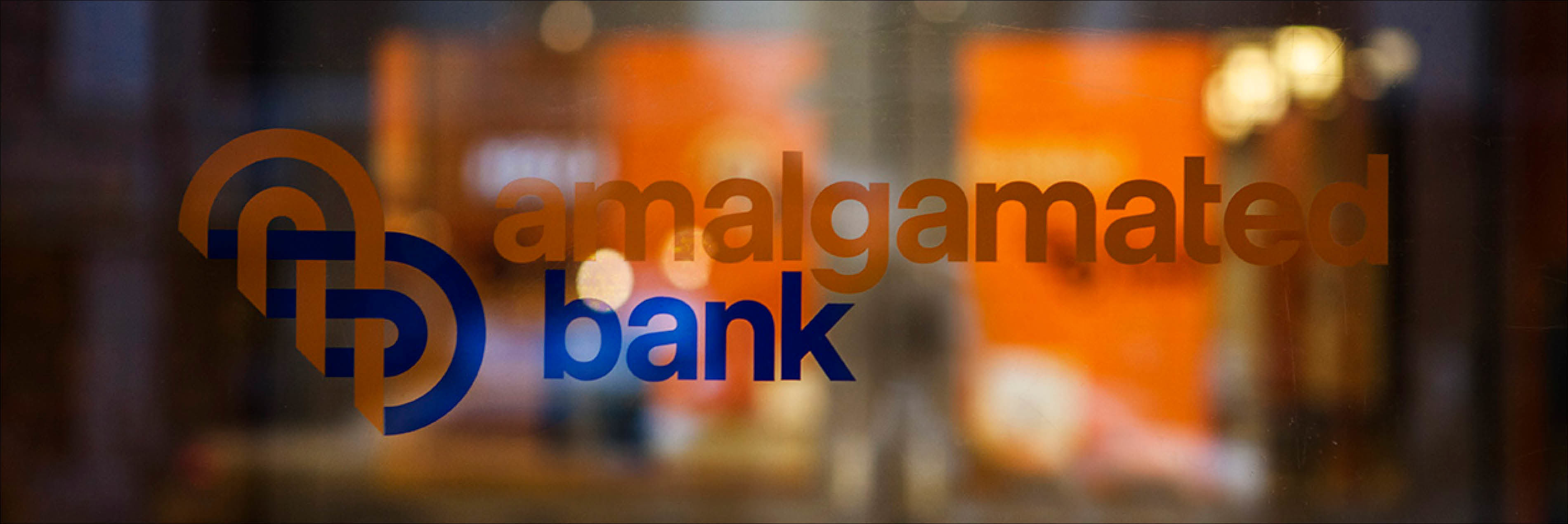 Mobile Image
Mobile Image
